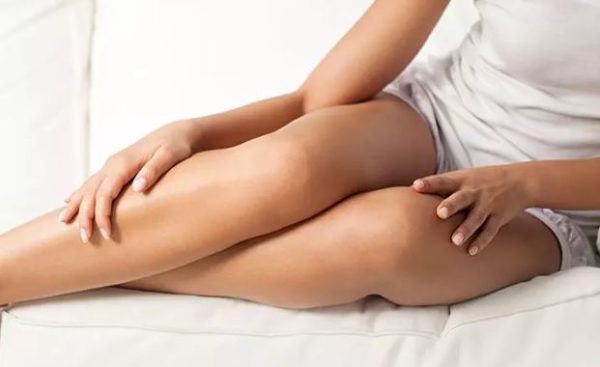Lifestyle
What you need to know about dark knees

Dark knees are common in people of all skin tones and types. They’re a sign of a higher concentration of melanin, the pigment that gives color to our skin, eyes, and hair.
This hyperpigmentation on knees and elbows might look odd. But it’s nothing to worry about and doesn’t need medical care.
Causes of dark knees
If your natural skin tone is dark to medium, your skin is more likely to make a lot of melanin. You might have higher chances of dark knees and elbows at some point in your life.
No matter your skin tone, many things can cause hyperpigmentation on your knees. The most common are:
- A lot of friction
- Unprotected sun exposure
- Dead skin cell buildup
- Inflammatory skin conditions like eczema and psoriasis
- Skin dryness
Excess melanin is harmless. But if the skin gets itchy or flaky or starts burning for no clear reason, check with your doctor or a skin specialist called a dermatologist.
Skin-lightening treatments for dark knees
If you’re worried about how your dark knees look, talk to your doctor. They can talk with you about what methods to use to get a more even skin tone.
It’s important to note that some skin-lightening products might be too aggressive on your skin. They can cause moderate to severe irritation or higher sensitivity to UVA and UVB rays.
If you don’t use these products as directed, they can lead to skin damage and post-inflammatory hyperpigmentation, which will make the initial problem a lot worse.
Be careful with over-the-counter (OTC) creams and serums that have:
- Hydroquinone. This is an effective skin-lightening ingredient, but it can cause reactions like redness and dryness on sensitive skin.
- Hydrogen peroxide. Use this sparingly, as it can cause irritation and blistering.
- Mercury. This element has shown skin-lightening properties. But the Pan American Health Organization says it can be corrosive and cause damage to the skin when misused.
- Topical steroids. These are not usually found in OTC treatments because they can have side effects like stretch marks, thin skin, easy bruising, or even adrenal gland problems.
- Vitamin C. It has antioxidant properties and might boost the free radical-blocking effects of your sunscreen. It also helps block tyrosinase, the enzyme behind melanin production in the body.
- Retinoids. Vitamin A helps resurface the skin faster. Frequent use is excellent in reducing sun damage and uneven skin tone.
- Alpha-hydroxy acid exfoliants. These help smooth and even out the skin texture by getting rid of dead skin cell buildup.
Keep in mind that most dermatologists recommend avoiding physical scrubs. They’re effective exfoliators, but the friction might make dark knees worse.
Natural remedies for dark knees
If you prefer the DIY way, several home remedies might help improve the tone and texture of your dark knees over time. The most common are:
Aloe vera. This plant has soothing and calming properties that help ease discomfort from irritation and sunburn. One study found that aloe vera may also help reduce the natural skin darkening that comes with sun exposure.
Green tea. The leaves in green tea have a chemical compound called epigallocatechin gallate. It might be another skin-lightening agent, as it blocks the enzymes that help make melanin.
Keep in mind that there’s little to no scientific proof that homemade skin-lightening remedies work. If you’re worried about harm and irritation to your skin, talk to a doctor before trying natural ingredients.
How to prevent dark knees
The best way to treat dark knees is to prevent them. Be sure to:
- Wear broad-spectrum sunscreen of SPF 50 or higher
- Avoid sun exposure
- Keep your skin moisturized
If you notice unusual melanin in other parts of your body, talk with your doctor right away. Unexpected skin darkening might be a sign of endocrine-related conditions like Addison’s disease.






